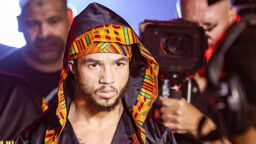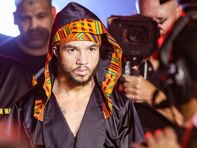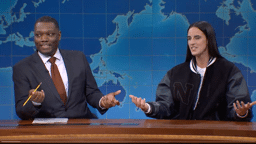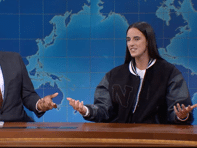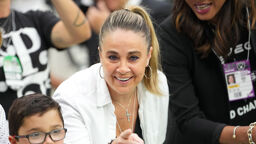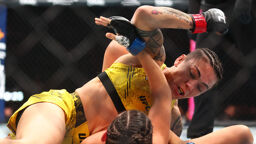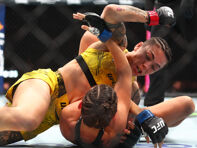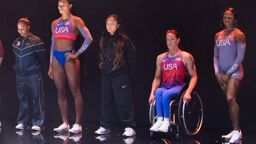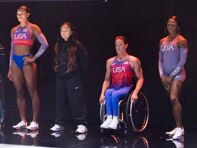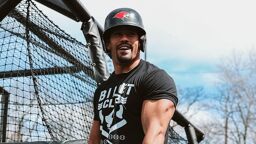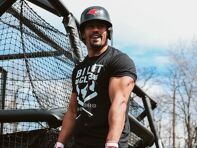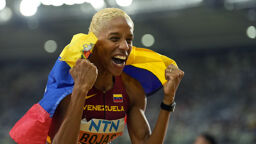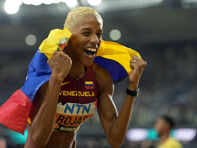Former heavyweight boxing champion Mike Tyson has been the subject of praise over the past week for addressing Louisiana-based rapper Boosie Badazz over his history of homophobic and transphobic comments on Tyson’s Hotboxin’ podcast.
The exchange, which Tyson told TMZ Sports originally derived from his daughter’s desire to confront Boosie herself, stemmed from remarks Boosie made after NBA legend Dwyane Wade expressed support for his transgender daughter Zaya.
Boosie took to Instagram in February repeatedly telling Wade to not let his daughter “cut his dick off” and “Don’t dress him like a woman” in a now deleted post. It was just the latest in a years’ long line of offensive comments from Boosie toward the LGBTQ community. He previously made homophobic remarks about rapper Lil Nas X and claimed in an interview with DJ Vlad he would “slap his ass back straight” if one of his sons came out as gay.
Tyson taking on the challenge of pushing back against Boosie’s hate speech is commendable, especially in light of Tyson’s own journey of self-discovery and contention with his own traumatic and hateful past. Hearing Tyson explain the pattern of self-hate that he overcame and relating that to Boosie’s own experience is truly powerful. “I was Boosie at one time,” Tyson told TMZ Live.
But the conversation between Tyson and Boosie also shows how perspective and lack of lived experience can cause cracks of disappointment within a foundation laid with good intention. Tyson notably used a homophobic slur in the process of questioning Boosie’s comments. He fell back to the oft-used trope that people who spew homophobic language do so to suppress their own LGBTQ nature or mask their true selves.
Tyson also tacitly agreed with Boosie’s feelings that Zaya Wade shouldn’t make the decision to transition because she is only 12 years old and hasn’t yet fully developed cognitively before asking why Boosie feels the need to tell other parents how to raise and support their own children.
Tyson’s moment of agreement could be read as a de-escalation tactic as Boosie appeared incredibly defensive, but it still severely undercuts Tyson’s point. The problem isn’t just that Boosie routinely says virulent things about LGBTQ people; it’s that he holds these views of LGBTQ people in the first place.
Those are glaring flaws amidst an otherwise impactful discussion on tolerance — not acceptance — and overcoming one’s own demons. It’s unfortunate that Boosie ultimately stands by his comments about Zaya and Dwyane Wade despite Tyson’s attempts, but it doesn’t make Tyson’s efforts mute. And it is important to see two strong-willed men who are presumably not part of the LGBTQ community having an introspective conversation about their interactions with it.
But the flaws present in these conversations, both on the part of Tyson and Boosie, must be addressed if true growth is the end goal. No one is excused from doing the work in order to properly discuss such issues. It’s a good start but it is nowhere near, as TMZ’s Charles Latibeaudiere put it, “really well done.”


